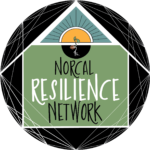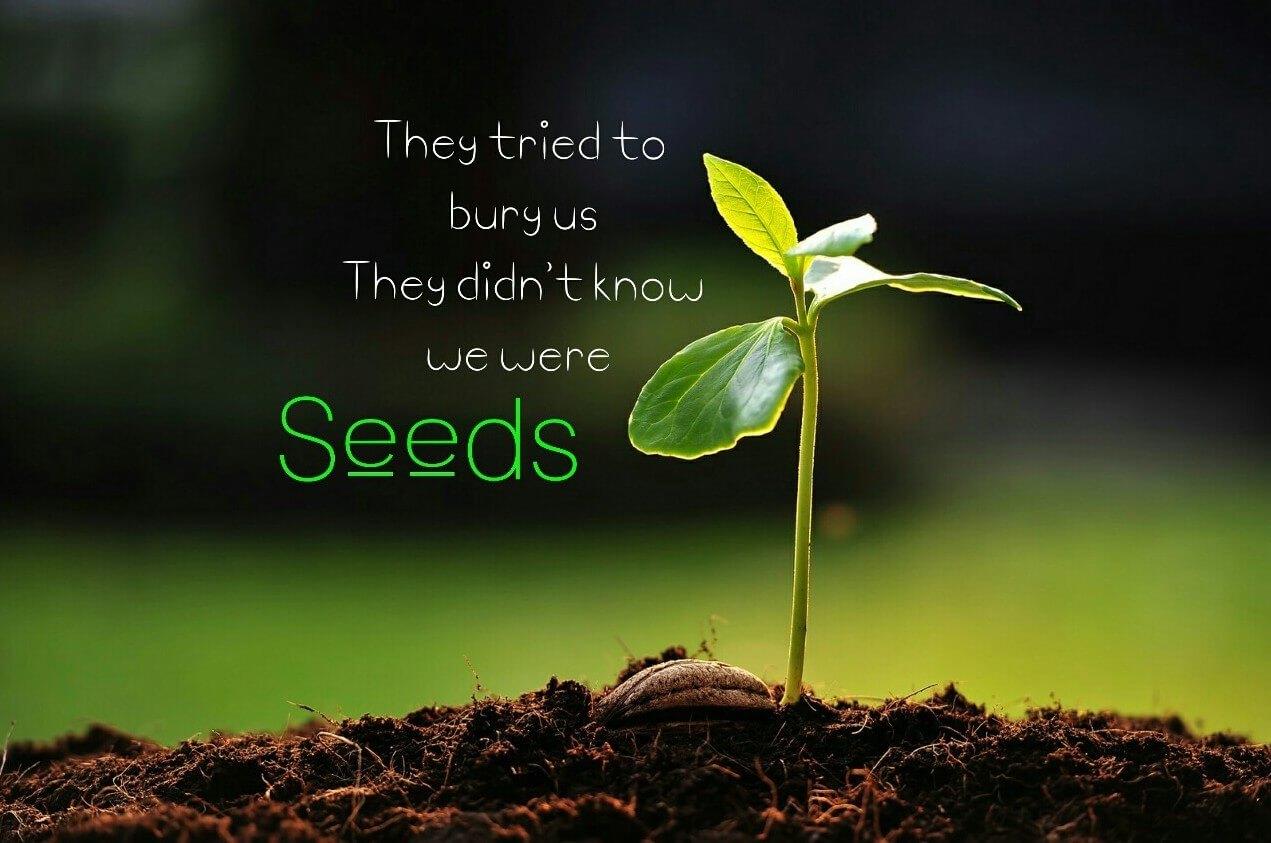
Our Story
HUMANITY IS AT A TIPPING POINT
Prioritize frontline communities. Fund the grassroots organizations. Focus on community organizing.
Read below to learn more about our diversity of approaches to build resilient, regenerative and equitable communities.
Learn about the Circle of Collaborators
Read more about the Resilience Hubs Initiative
“Thank you to the NorCal Resilience Network for providing such a clear vision and path forward to dramatically scale up permaculture work in our communities, rooted in social justice.” — Starhawk
OUR MISSION AND VISION

The mission of the NorCal Resilience Network
is to catalyze a just transition to an equitable and regenerative region by supporting and activating community-based and ecological solutions in Northern California.
Our regional network increases capacity for grassroots projects and programs; helps to build out model sites for permaculture and resilience; and builds solidarity across divides of race, class, sector and region. We work with organizations, businesses and leaders committed to growing thriving, resilient communities through collaboration and collective impact.
Our vision
is to transform our homes, neighborhoods, and communities into vibrant, regenerative places. From Time Banks to community gardens, emergency preparedness programs to greywater systems, we are creating a support network that fosters collaboration across divides, and catalyzes an equitable solutions revolution that is so urgently needed.
OUR STORY

Though just a few years old and run primarily on volunteer people power,
NorCal Resilience has achieved some significant accomplishments towards our vision to transform our homes, our neighborhoods, and our communities into self-sufficient, low-carbon, environmentally sustainable, and regenerative places. Read more about our history here:
2013-19: NorCal Resilience Network founder Susan Silber was inspired to create the organization after co-organizing the Northern California Permaculture Convergence, an inspirational 3-day conference that brings together 600+ participants each year for workshops, hands-on demonstrations, music and courageous conversations about racial justice. Susan and NorCal Resilience continued to take a leading organizing role for this annual Convergence for five years.
2015-present: We began hosting the first of many capacity building workshops, with topics ranging from fundraising to cultural inclusivity; and co-hosting garden work parties in collaboration with a variety of community farms and gardens, bringing in new audiences to build both gardens and communities. We also began providing mini-grants and support for project development for emerging leaders and projects; we have since raised funds to regrant tens of thousands of dollars and support dozens of organizers with program development mentoring.
2019: We launched the Circle of Collaborators with 55 grassroots organizations, bringing together many communities from diverse ethnicities and geographic regions to a coalition that offers strategies for collective impact and builds collaborations for a more resilient world.
2017-present: We started the Resilient Hubs Initiative, integrating disaster preparedness, community work parties and sustainability into a holistic site-based model for resilience. In 2021 the program focused on an 8-month leadership training with more than 150 participants and close to a dozen government partners, to catalyze resilience hubs, spaces and blocks around Northern California though monthly training sessions and skill shares.
November 2021: Founder Susan Silber stepped down as Executive Director paving the way for the Board of Directors and NorCal Resilience staff to lead an organizational transition towards BIPOC and horizontal leadership. Bethsaida Ruiz and Ayano Jeffers-Fabro
2022: The Resilience Network went through a reset and transition, moving to centering frontline community power and BIPoC leadership. The transition team established four pillars of work for the organization moving forward:
1. BIPoC-centered Environmental and Climate Leadership Training
2. BIPoC-centered Environmental and Climate Justice Policy and Advocacy
3. House-less Resilience Initiative
4. Collaborative Grant Making for BIPoC Resilience Hubs
November 2022: Neha Sharma joined the Board of Directors, bringing a wealth of experience in strategy and partnerships through the lenses of racial justice, decolonization and repairing our relationship with the land.
Defining Community Resilience

“Building community resilience requires significant structural shifts to address the root causes of climate change, as well as comprehensive place-based innovations that increase social cohesion, localize food and energy systems, and advance democratic participation practices.,” National Association of Climate Resilience Planners
“Resilience is the ability to withstand and recover from shocks to the system. A system is only as strong as its weakest part. In the face of accelerating and deepening crises of culture, economy, and ecology, how can our communities become strong and versatile enough to absorb shocks, and eventually to heal the damage?
Resilient communities are regenerative. They can bounce back in the face of injury and disease, restoring health to their members and their ecosystem.” Movement Strategy Center
“Our vision of climate resilience is not just about ‘bouncing back.’ Instead, it is about bouncing forward to eradicate the inequities and unsustainable resource use at the heart of the climate crisis.”
climate change mitigation + adaptation + deep democracy
Rooted in Resilience and Movement Strategy Center
OUR THEORY OF CHANGE

Cultivate Collaborations and Partnerships
Too often grassroots groups are competing for scarce resources — especially those in the most marginalized communities — and are siloed by our mission-driven work. The Network envisions the Northern California landscape of social and environmental justice organizing as a regenerative ecosystem, wherein each organization works fills a unique niche, collaborating with each other to generates a new system as the old one breaks down.

Integrate Disaster Preparedness into Climate Mitigation Projects
Northern California has always been vulnerable to earthquakes, but climate-related disasters — from fires to blackouts, droughts to flooding — are getting worse and worse. The region has an urgent need to support a network of Resilience Hubs with off-grid infrastructure, education about disaster readiness and emergency preparedness strategies — especially in those communities likely to get hit first and worst by climate change.

Prioritize Marginalized Communities
Low-income communities and communities of color have always been disproportionately impacted by environmental impacts. As climate change worsens, it will be these communities who experience the impacts first and worst. Climate solutions must come from the most impacted communities. The rest of the region must look to those communities as leaders of this movement as they craft campaigns of resistance and vision.

Build Capacity and Provide Support for Grassroots Organizations
Northern California is a mecca for grassroots groups building regenerative, community-based initiatives. But many are lacking the capacity to thrive. With 90% of environmental foundation funding going to just 10% of the biggest organizations, grassroots organizations are notoriously overstretched and underfunded. Many are volunteer-driven and often only able to focus on their specific work (rather than collaborating), especially organizations working in frontline communities. This is a crucial moment to support these organizations and communities.

Build Community while Building Resilience
Disaster preparedness experts agree: knowing your neighbors is crucial during any emergency. Community-based responses help us to adapt to our changing climate while breaking down the social barriers that often separate us. We focus on projects that bring neighbors and community members together to build resiliency projects — from gardens to greywater systems — while building community at the same time.
Make a Donation
Join the Movement